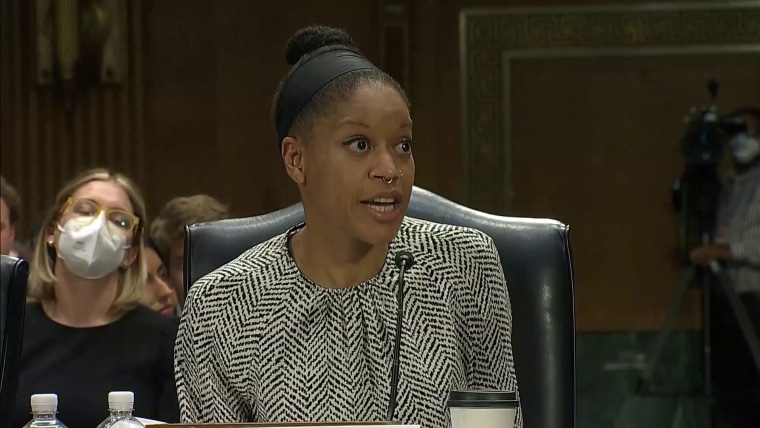Iowa library closed after endless complaints about LGBTQ staff & theft of books
An Iowa library will re-open for limited hours of operation after a temporary closing due to ceaseless community complaints over LGBTQ books and staff members during the ongoing national debate over content in libraries and schools.
Over the past two years, the Vinton Public Library has seen two library directors leave their positions after facing criticism for Pride displays and other books that some in the community consider inappropriate or overly partisan. In early July, the library was forced to close after the departure of out gay interim director Colton Neely, who had taken over in June. The library will reopen Monday for limited hours with the help of part-time staff.
Some residents of Vinton, a small town northeast of Des Moines, accused the library of enacting a liberal agenda due to hiring openly LGBTQ staff and displaying LGBTQ books, according to Iowa independent newspaper The Gazette. Previous directors also faced criticism that library collection included books about President Joe Biden and Vice President Kamala Harris and not enough books about former president Donald Trump.
At a meeting in March, Vinton resident Brooke Kruckenberg argued that, “It appears that there is a slow, quiet agenda moving into our local library culture through the staff hiring decisions and the books that have crept in our children’s section of the library. I don’t believe the library is representing our town well with hiring a majority of staff who are openly a part of the LGBTQ community.”
Neely, who is gay, is just the latest Vinton Library employee to resign in the face of the controversy. Janette McMahon who left her position as library director in 2021 said that, “Not everyone was as supportive as others when the library needed to stand up for inclusion and diversity in its materials.”
McMahon claims that during her tenure people would check out books they found objectionable and simply not return them. “Which is theft of materials,” she said. “We know the folks that had them out had been making complaints to other city officials and people around me without going through an actual process.”
McMahon says she found the situation in Vinton so intolerable that she left the community entirely. “When I had had enough, we couldn’t function correctly as a library, so I decided to find a community that better fit me as a librarian and my standards for library ethics.”
Renee Greenlee faced similar backlash during her six-months as library director following McMahon’s departure.
Neely struck a note of optimism in June. “I think we got over the mountain of people accusing everyone on the staff for being on a liberal agenda,” he said at the time.
But while he considered applying for the director position, he opted instead to leave the library altogether due to the pressure he and his partner were facing.
He says the vitriol has worn him down. “I felt like nobody was really giving me that support,” Neely told the Des Moines Register following his resignation.
Though the Vinton library’s board of trustees has reiterated its commitment to diversity, longtime librarian Molly Rach sounded a note of warning at a recent public meeting.
“This community has now run out two highly qualified, highly credentialed library directors in less than two years,” she said. “This library is indeed going to suffer, but not because of diverse books or staff members who identify as LGBTQIA+, but because you are going to have a hard time finding anyone who’s willing to put up with being targeted by community members for simply doing their job.”










